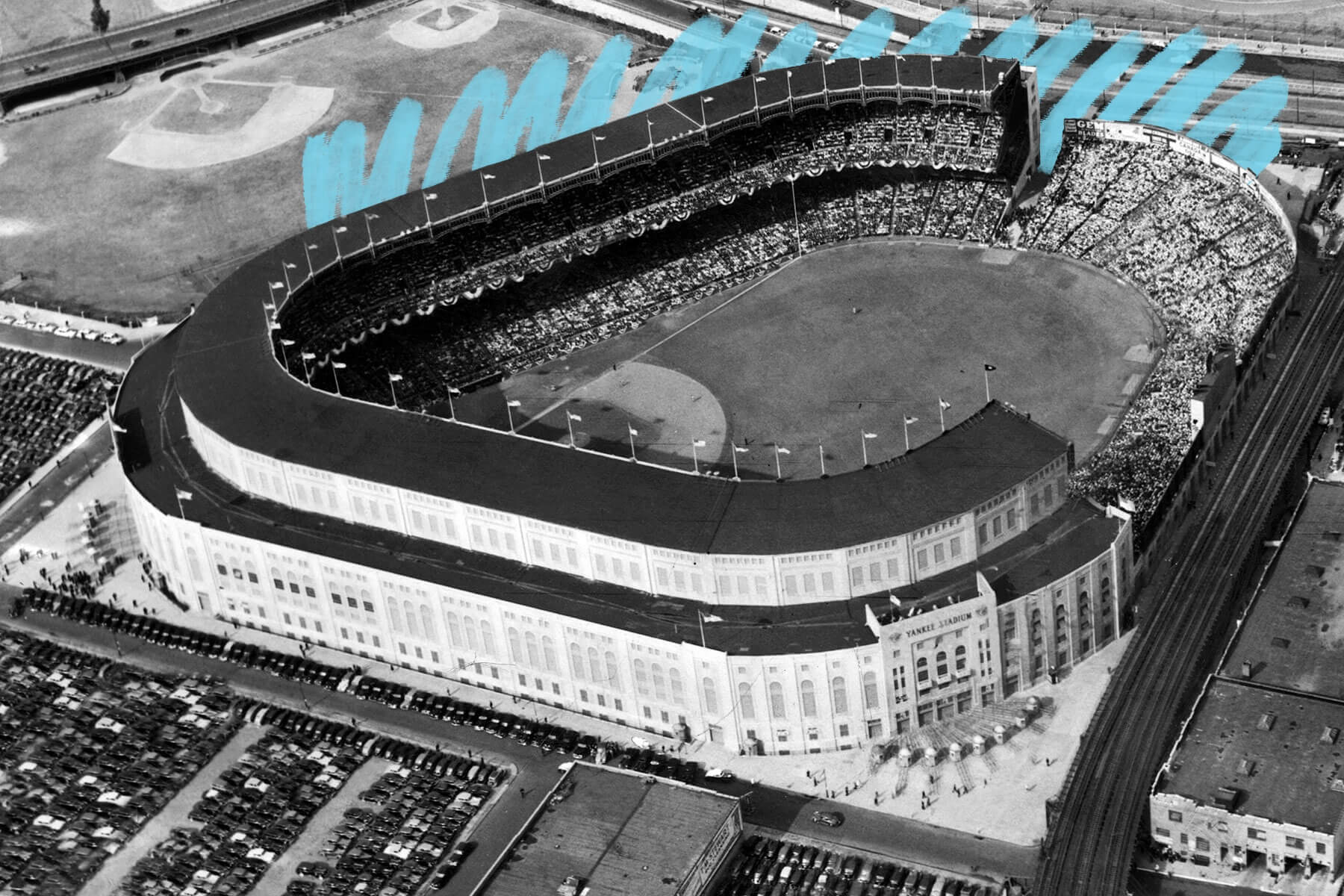The “Take Me Out to the Ball Game” songwriters had never seen a baseball game.
Along with “The Star-Spangled Banner” and “Happy Birthday,” “Take Me Out to the Ball Game” is one of the most recognizable songs in American history. Written in 1908 by songwriter Jack Norworth and composer Albert Von Tilzer, the tune was one of many popular baseball songs that made waves at the time. But unlike those other onetime chart-toppers, the catchy song went on to become an intergenerational cultural fixture, traditionally played during the game’s seventh-inning stretch at stadiums across North America. You would think this legendary anthem for America’s pastime came from a diehard baseball fan, but the truth is that neither Norworth nor Von Tilzer had ever even been to a baseball game when they penned the tune.
The idea for the song came to Norworth not while he was sitting in the stands, but instead, of all places, on the New York City subway. According to legend, he was taking a trip across town in spring 1908 when he saw a subway advertisement for a New York Giants home game at Polo Grounds stadium in upper Manhattan. Inspiration struck the songwriter, and he quickly jotted some words on a scrap of paper. Von Tilzer completed the music shortly after, and on May 2, 1908, the pair registered the song with the U.S. Copyright Office. On the same day, an ad for the sheet music appeared in the entertainment trade paper the New York Clipper, and before the year was out, it was the No. 1 song on the pop charts. In 1940, Norworth finally attended a Brooklyn Dodgers game at Ebbets Field, where he was honored for his contributions to baseball. He claimed it was his first baseball game.
Despite its early success on the charts, “Take Me Out to the Ball Game” doesn’t appear to have been played or performed at a Major League Game until the 1934 World Series. It was much more recently still, in 1971, when Chicago White Sox owner Bill Veeck caught legendary announcer Harry Caray singing the song to the entire stadium (possibly not realizing the public microphone was on nearby) that it became the essential singalong tradition that it remains today.







